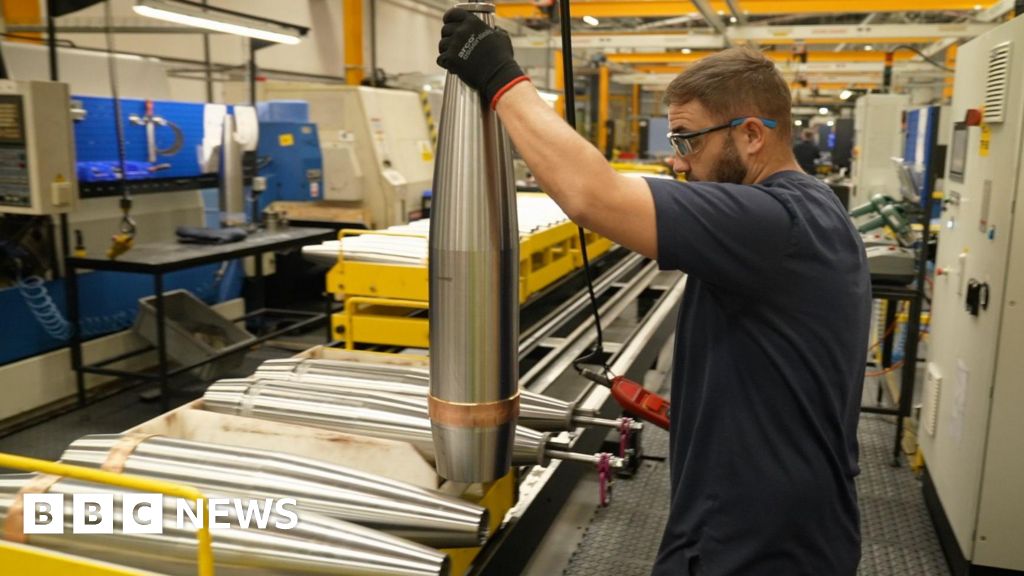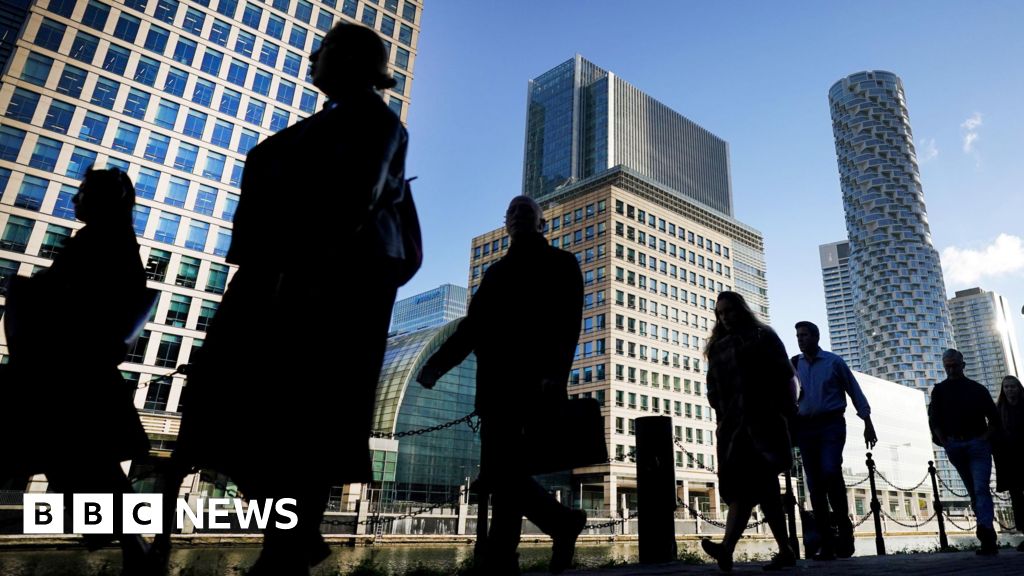ARTICLE AD BOX
image source, Getty Images
UK meat processors are in talks with the government over a shortage of carbon dioxide that could hit meat production.
The gas is used to stun pigs and chickens prior to slaughtering, and also in the packaging process.
The carbon dioxide used by the meat industry is a by-product of fertiliser production.
But fertiliser factories in the UK have been halting production due to soaring natural gas prices.
Fertiliser producers have been struggling with natural gas prices that are at record highs as economies around the world begin to recover from the Covid crisis.
In the UK, lower winds have meant less renewable energy is generated, there have been outages at some nuclear stations, and there have lower flows into the UK of natural gas from Norway, pushing up the price of natural gas.
This week, two large UK fertiliser factories owned by US firm CF Industries Holdings suspended operations due to soaring gas prices, and on Friday Norwegian firm Yara said it would also cut production at a number of its European plants.
Nick Allen, the chief executive of the British Meat Processors Association (BMPA), was at emergency talks with the Department of the Environment, Food, and Rural Affairs (Defra) on Friday to discuss the issue, a BMPA spokesperson said.
Industry groups and processors also had a meeting with the government on Thursday, as first reported by the Financial Times.
Meat processors have already been struggling with a shortage of lorry drivers and recruitment problems at abattoirs exacerbated by EU nationals leaving the UK after Brexit.
Gas uses
Carbon dioxide is used when slaughtering pigs and chickens to stun them, and it is used during the packaging process for all meat to prolong shelf life.
It is widely used throughout the food industry, including in brewing.
However, the closure of the two CF Industries plants has cut 60% of the UK's food-grade carbon dioxide supply, the BMPA spokesperson said.
It unclear how much carbon dioxide abattoirs and other food factories have stored.
The remaining UK carbon dioxide production is being prioritised for the NHS for medical uses, and for the nuclear industry, which uses it as a coolant.
Without carbon dioxide, the slaughtering process of pigs and chickens cannot go ahead, the spokesperson said.

 3 years ago
61
3 years ago
61








 English (US) ·
English (US) ·